You can’t help but sing the praises of King Viserys I Targaryen after watching House of the Dragon for the mesmerizingly charismatic way Paddy Considine portrays him onscreen, but was he really a good king in the annals of Westeros? More specifically, does history remember the Young King as a benevolent and wise monarch, or is his legacy more in the vein of all the ignorant tyrants that preceded or succeeded him?
Well, leafing through the pages of Fire & Blood – on which House of the Dragon is based – you will find the answer to that question a nuanced dance in moral dilemmas, so judging Viserys on his actions isn’t simply a matter of analyzing their repercussions.
What we see in House of the Dragon is but a minuscule glimpse into the life of Viserys and his rather short reign, but the fact that it directly led to the Dance of the Dragons, the most devastating civil war in the Seven Kingdoms history, has turned his rule into a subject of great debate and research for the Citadel maesters.
With that in mind, we’ll try to determine if Viserys was a good man and a good king by leaning into the historical accounts of his reign as described in Fire & Blood.
The great council of 101 AC and anointment
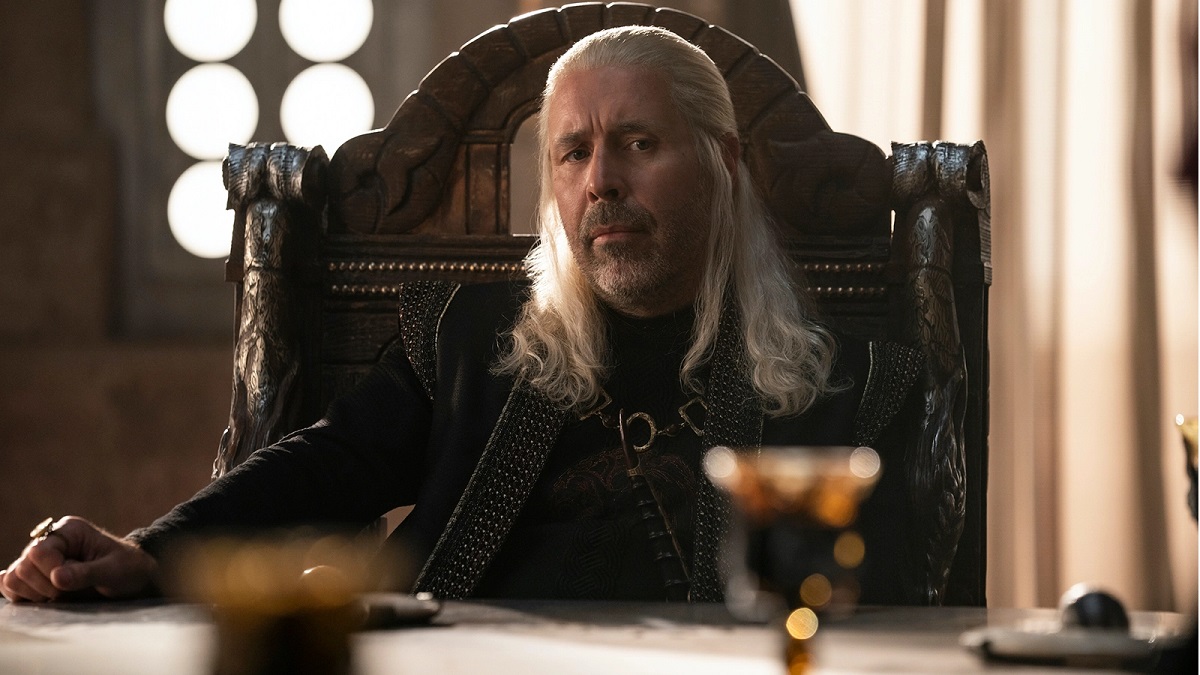
King Jaehaerys the Wise was undoubtedly the greatest king in the history of Westeros, whose 55-year reign brought about an era of peace and prosperity the likes of which the Seven Kingdoms has not seen since.
The reason we bring up the Old King is that Viserys, being his nephew, directly succeeded him after he died in 103 AC. Jaehaerys lost both his sons, Prince Aemon and Prince Baelon, Viserys’ father, in the years prior to this event. This caused a political upheaval throughout the realm, with many wondering if Jaehaerys’ death would bring an end to the peace. The Wise King — true to his name — decided to avoid that by holding a great council in 101 AC, where the lords and ladies of the Seven Kingdoms gathered to choose his successor.
At the end of it, Viserys was named heir, and Sir Otto Hightower succeeded Prince Baelon as Hand of the King. In the year 103 AC, Viserys ascended the Iron Throne and began his reign as the Young King, with Otto Hightower advising him on one side and his brother Prince Daemon Targaryen protecting the royal family while entertaining ambitions of his own.
What we know about the Young King
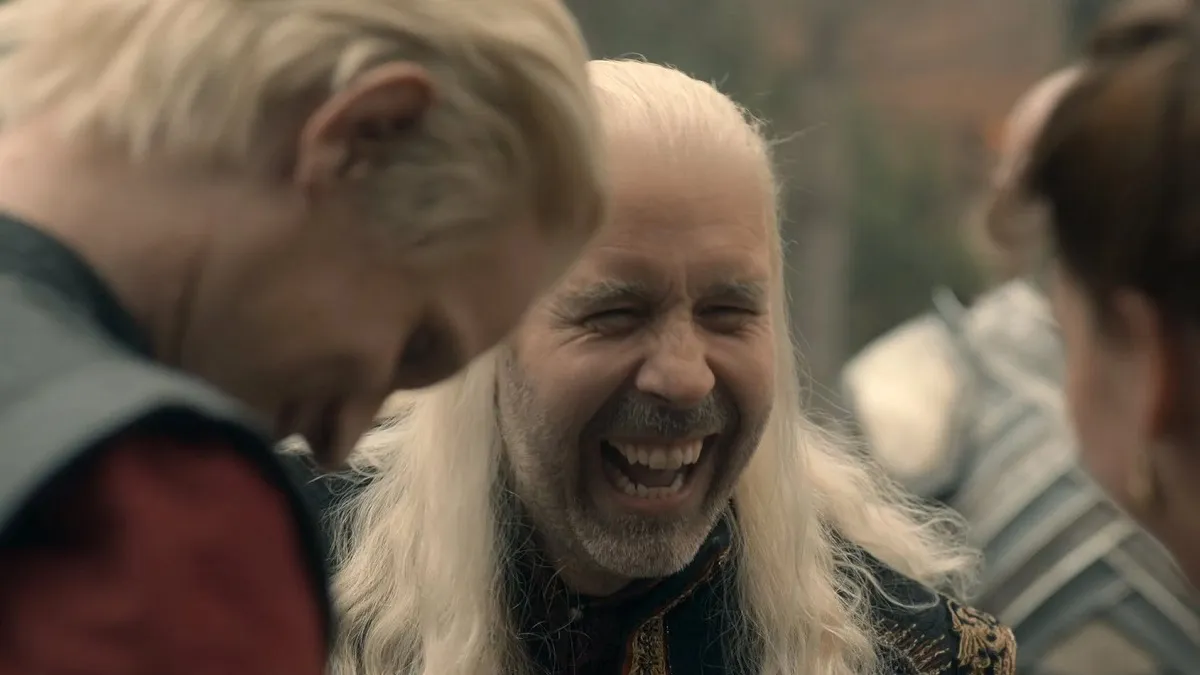
It has been remarked that Viserys Targaryen would go to extreme lengths to avoid conflict, and many of his attendants considered him a peaceful man. That didn’t mean the king was, by any means, timid. When provoked, Viserys had a fearful wrath and never wavered from a decision when it was made.
The king’s overall kindheartedness meant that the King’s Landing became a hub of culture and arts, and according to House of the Dragon, even Viserys himself passionately indulged in the practice of making sculptures. He held numerous feasts, and tourneys, and was generally full of life, though it could be argued that when it came to the ruling and making decisions of any actual importance, he was rarely assertive.
That doesn’t mean Viserys was a reluctant ruler, unlike how we see him in House of the Dragon. The HBO adaptation depicts the Targaryen monarch in much the same light as Robert Baratheon, who also detested the responsibility of ruling over a nation. Unlike Robert, though, who spent most of his days hunting, drinking, and leading a promiscuous life — and that’s putting it mildly — Viserys was shown to be considerate and cultured.
Lacking cruel tendencies shouldn’t really be a trait on which to ruminate, but considering that most rulers in Westeros — and even real-world history — have abused the institution of their power, it’s definitely worthy of note that Viserys never let his absolute authority get to his head.
As the Great Emancipator once allegedly said, “Nearly all men can stand adversity, but if you want to test a man’s character, give him power.” If we judge the king’s character on that merit, then it’s safe to say that Viserys passes the test.
Kindness a great leader does not make, though, and the devil’s in the details. Here’s the case for Viserys being one of the worst kings in Westerosi history, and rather unwittingly at that.
A reign of growing dissension
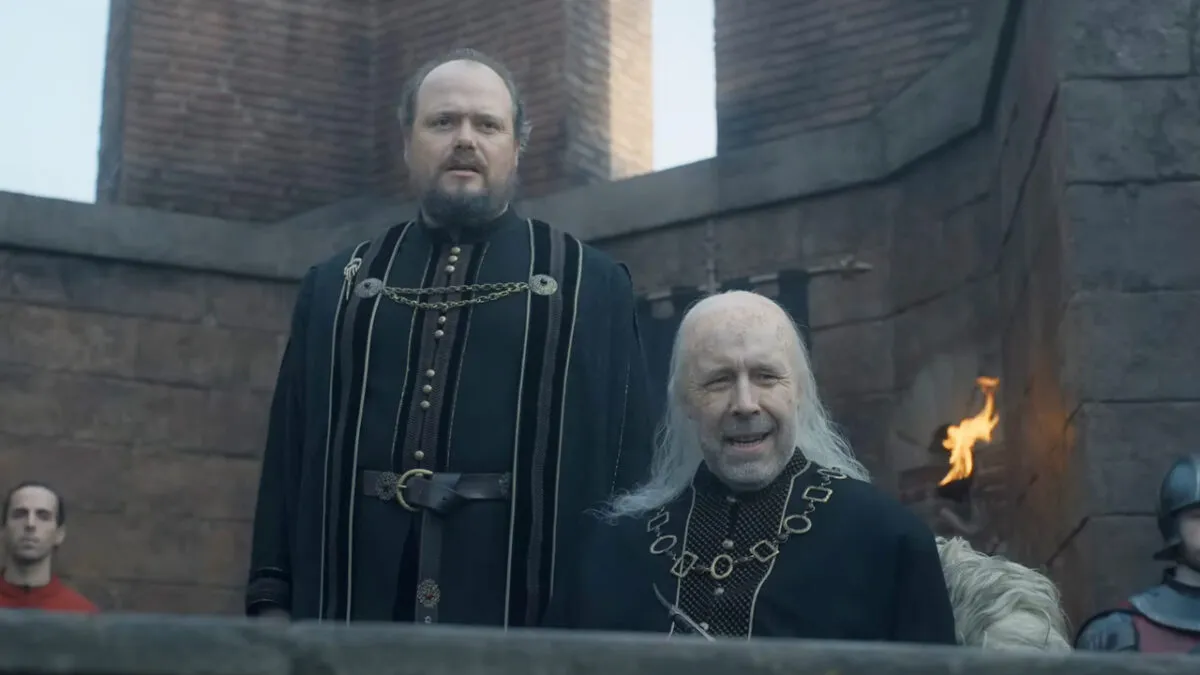
The Targaryens were at their most powerful when Viserys became king. The Young King had the goodwill of the people, which helped him keep the peace. Viserys respected his uncle as a ruler, so he decided to honor his legacy as much as he could by remaining faithful to his way of ruling.
At the same time, the clash of two ambitious men resulted in Daemon and Otto developing a fierce rivalry. Such was the extent of their enmity that Viserys decided to remove Daemon from his Small Council, instead giving him command of the City Watch. Daemon, on the other hand, always considered himself his brother’s rightful heir and coveted the title of the Prince of Dragonstone.
This is where House of the Dragon picks up the narrative, with Queen Aemma dying in labor and giving birth to a son, who only lives for a day. Daemon gets drunk in a brothel and calls his newborn nephew “heir for a day,” which enrages Viserys and causes him to banish Daemon from his presence. In retaliation, Viserys names her daughter Rhaenyra as heir to the Iron Throne, not only defying tradition but setting Westeros on a path that ultimately led to much death and ruination.
You see, Viserys wanted to keep his daughter’s future secure, but in doing so undermined the authority of many lords in Westeros. He then decided to marry Alicent Hightower, following his heart rather than the so-called greater good, which further alienated the Velaryons. This also gave a powerful footing to the Hightowers, and the chance to undermine Rhaenyra’s claim to the throne.
With Alicent giving birth to three sons, Aemond, Aegon, and Daeron, whispers grew of Rhaenyra’s illegitimacy to ascend the throne after his father’s death. Viserys remained steadfast in his decision, however, fully intending to see Rhaenyra crowned queen of the Seven Kingdoms. Daemon also joined his niece’s side despite his own ambitions for the fondness he had for her.
Viserys once again had the opportunity to amend the growing rifts by marrying Rhaenyra to his son Aegon, but he refused to do so because his daughter was ten years Aegon’s senior. That would not only have prevented war but tightened the strength of the unified houses of Targaryen and Hightower for the future of the realm. Being the sentimental moralist that he was, though, the Young King chose with his heart yet again, trusting in the amenable attitude of his then-large family to see them through these conflicts.
Rumors of Rhaenyra and Laenor Velaryon’s sons being sired by Harwing Strong didn’t help matters, either, resulting in a petition by the Velaryons to see their claims for the title of the Lord of the Tides revoked. Viserys grew angry in this hearing, ordering their tongues removed as he does in the show. In the book version, Viserys slips and cuts his hand to the bone on the Iron Throne. The wound gives the king an infection, and the maesters barely save his life by cutting off his fingers.
After that, the king doesn’t sit the Iron Throne again and grows frail over the last four years of his life. At this time, Otto Hightower rules in the king’s stead and slowly dismantles the Small Council, replacing its members with people loyal to him.
After the king’s death, the greens (Hightower faction) recognized Aegon’s claim to the throne and coronated him a week after. Rhaenyra refused to acknowledge his ascendancy, which ultimately resulted in the Targaryen civil war known as the Dance of Dragons. The two sides were reluctant to engage in open combat at first, but with Aemond Targaryen accidentally killing Rhaenyra’s son, the blacks and the greens clashed, and with it, took the Seven Kingdoms down one of the darkest paths in its history.
The Dance of Dragons, which we’ll see depicted in earnest in HBO’s House of the Dragon, was one of the most gruesome wars in Westeros, resulting in the deaths of most of the dragons and the diminishing of House Targaryen’s strength and influence. While a lot of people will be quick to blame Rhaenyra and Alicent and their parenting for this outcome, many historians, like Maester Yandel — the author of The World of Ice & Fire — seem to think the fault ultimately lies with Viserys and his indecisiveness. He wrote:
“[Viserys] had ruled for six-and-twenty years, reigning over the most prosperous era in the history of the Seven Kingdoms but seeding within it the disastrous decline of his house and the death of the last dragons.”
So, does history remember Viserys as a good king? Frankly, the answer to that question may very well depend on how you define that adjective, but for simplicity’s sake, we can safely make this assertion that Viserys was a good-natured man, but his terrible decisions changed the course of history for the worse, which at the very least implies that maybe he shouldn’t have been given the reins in the first place.

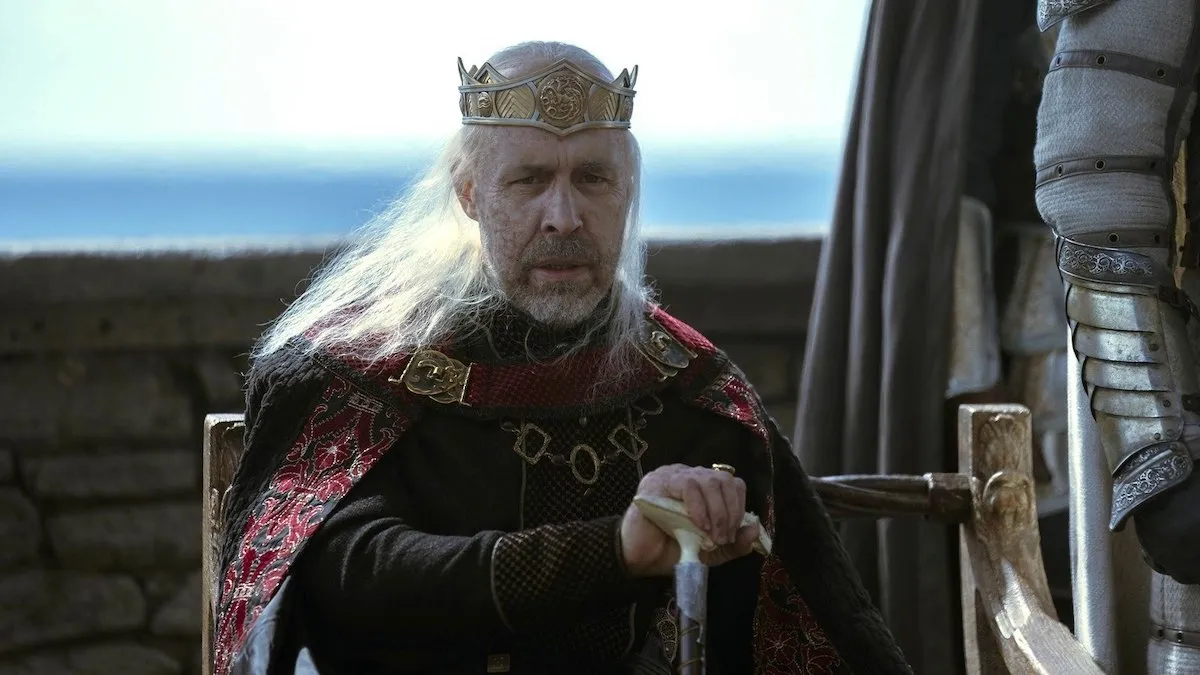
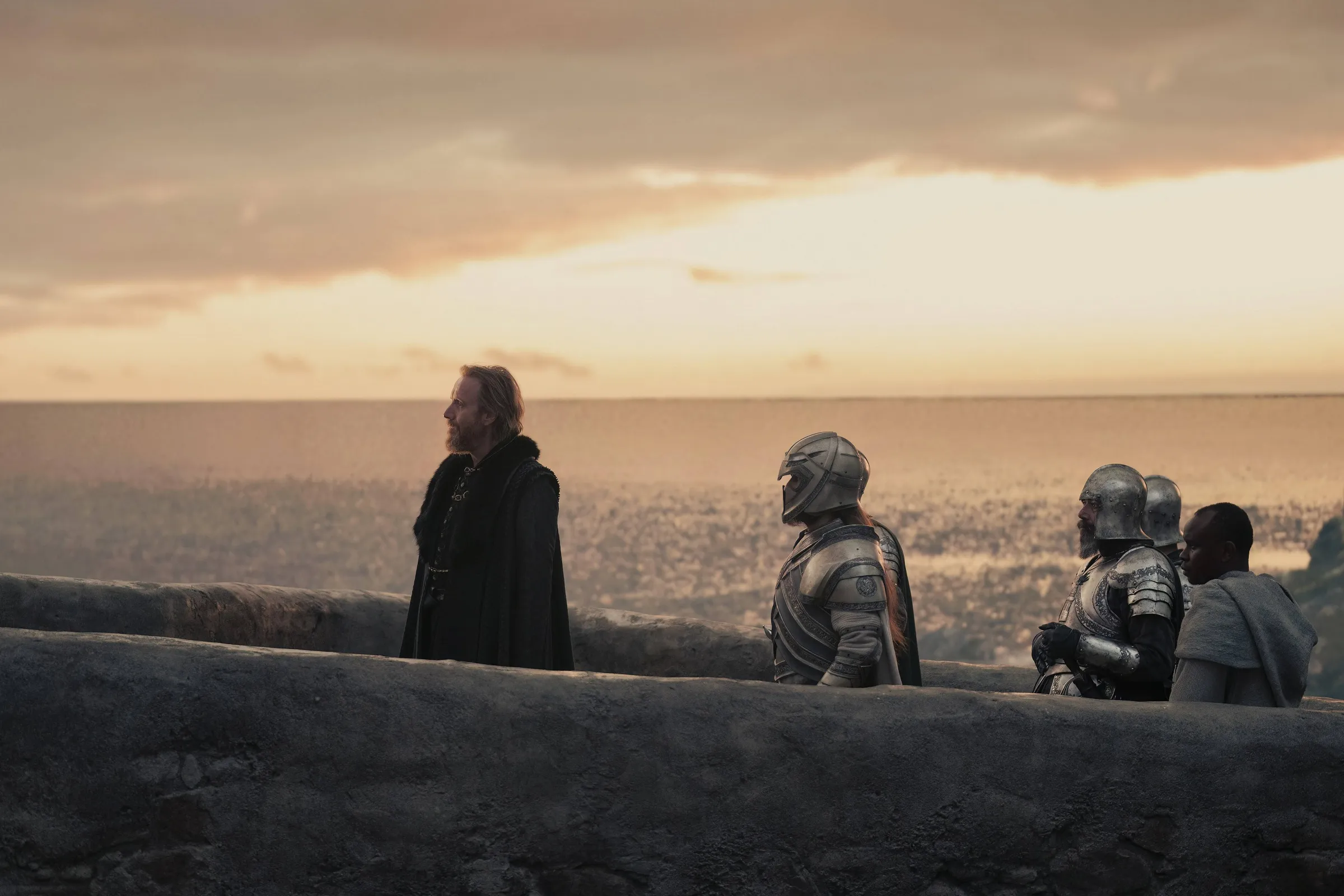
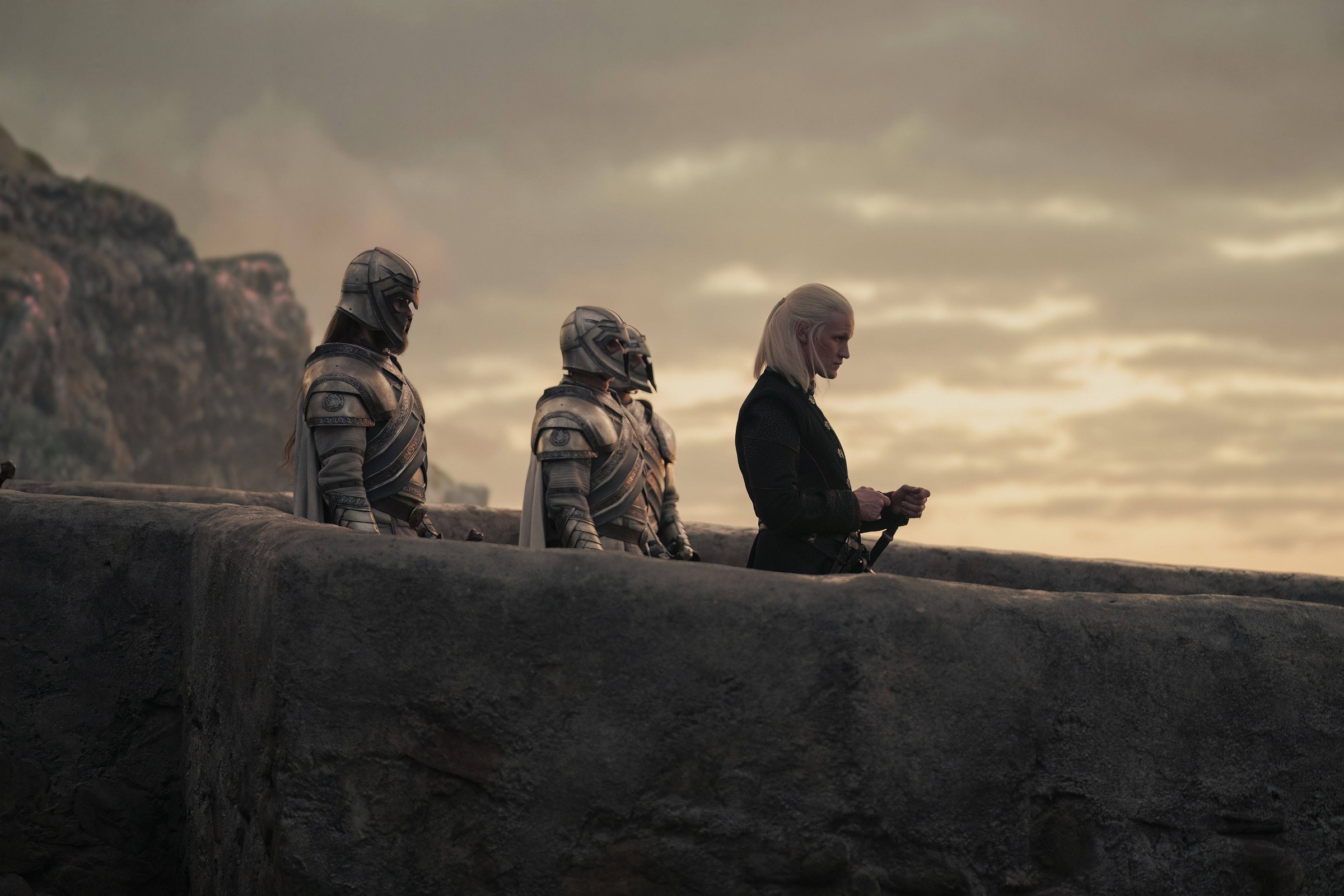

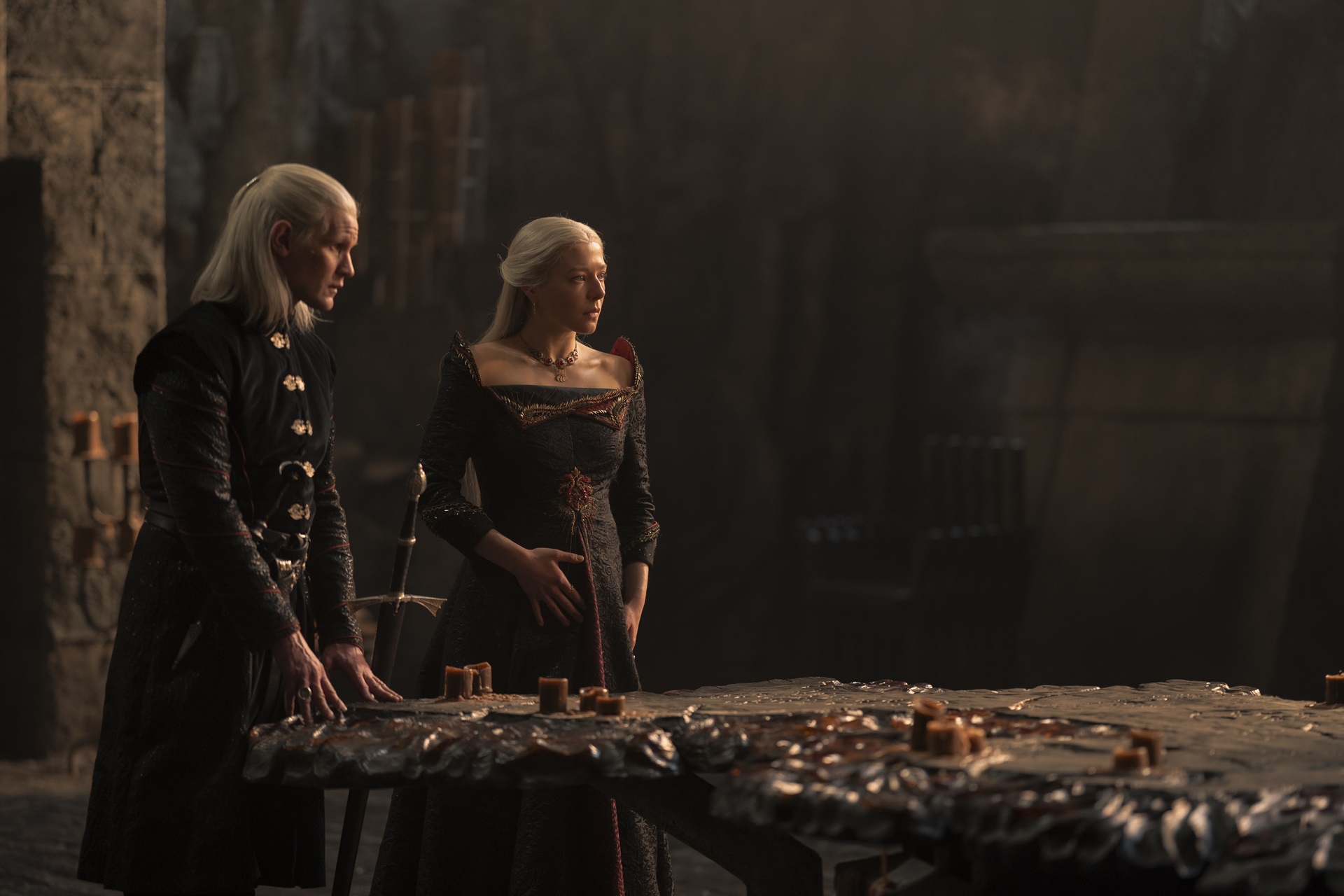
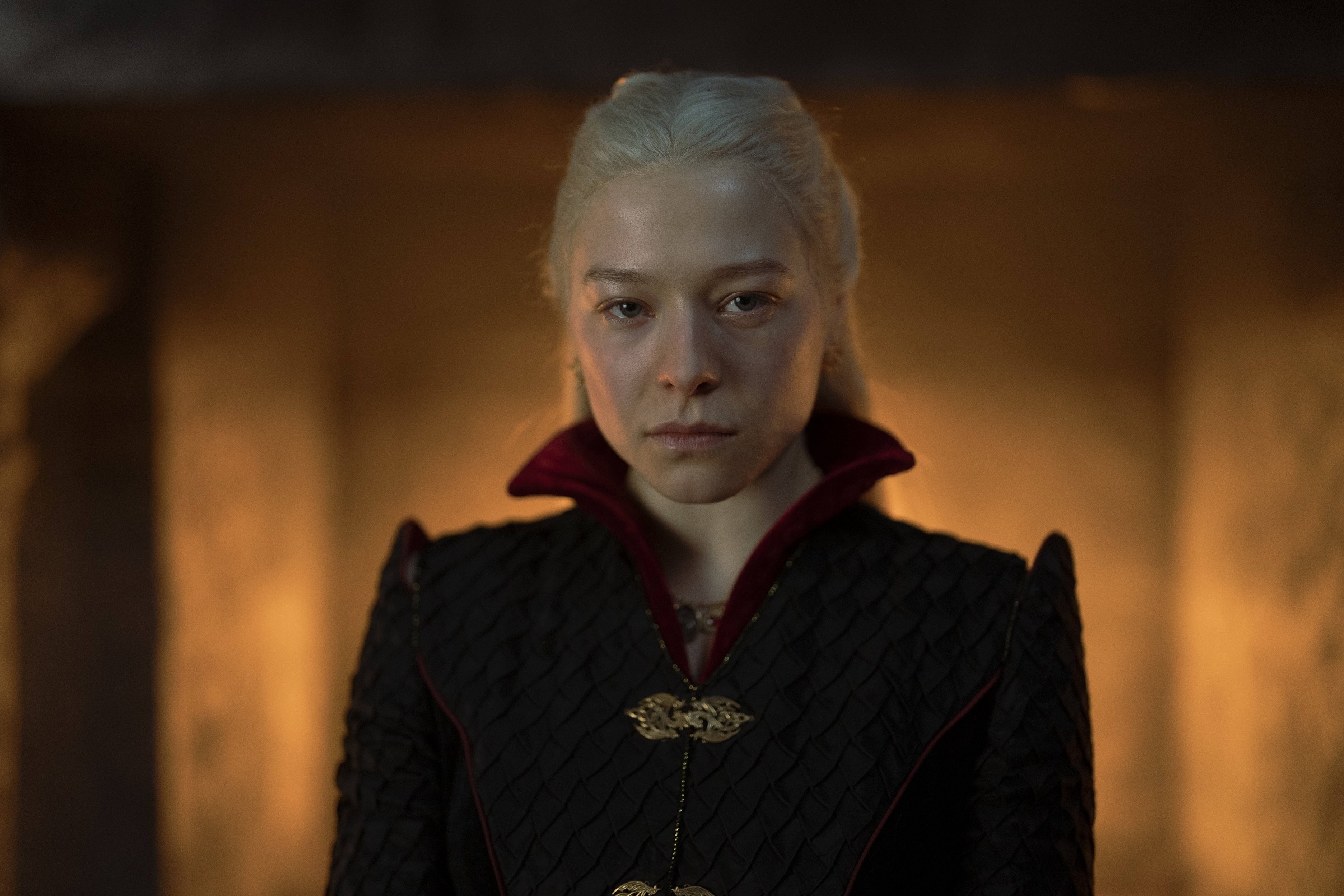
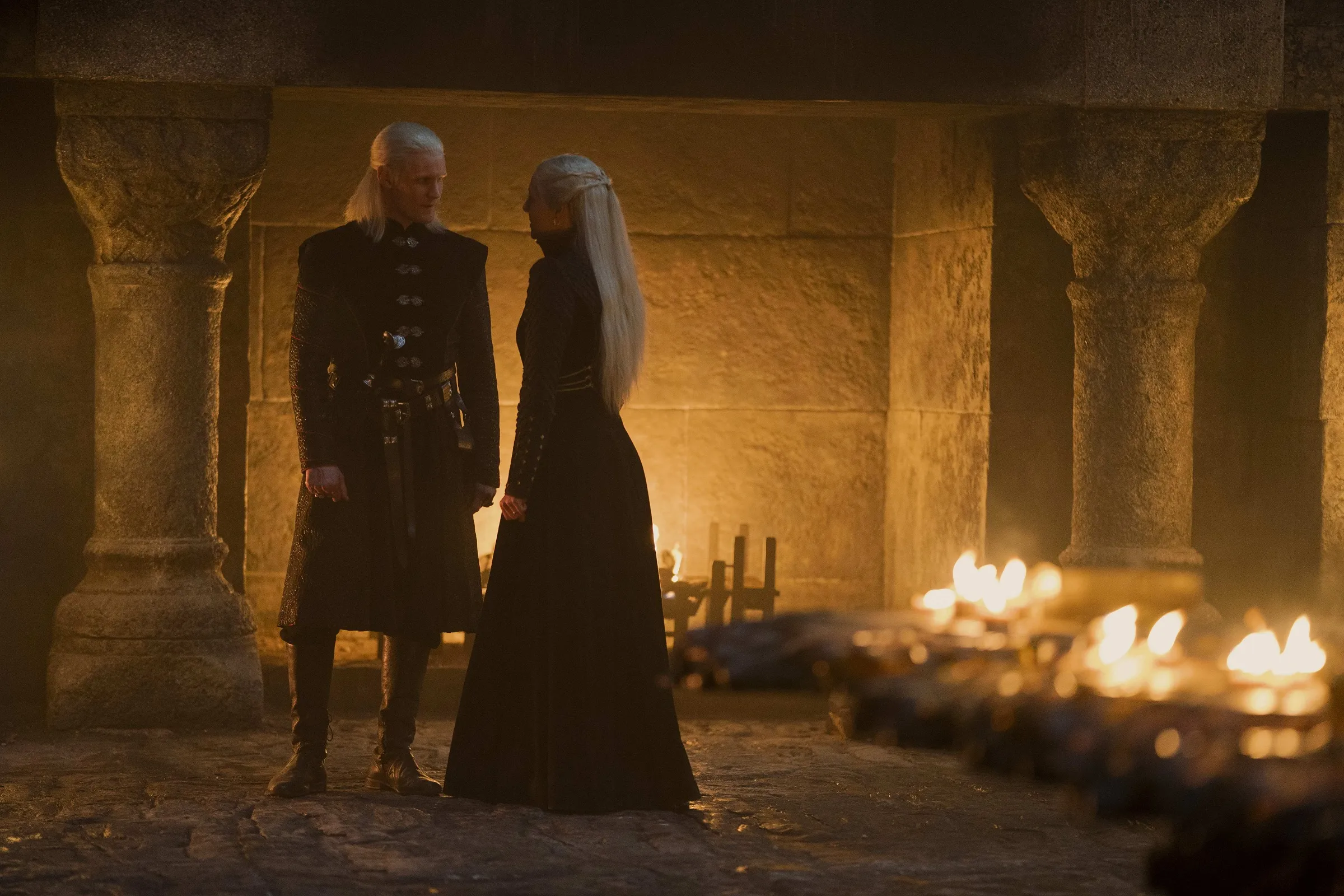
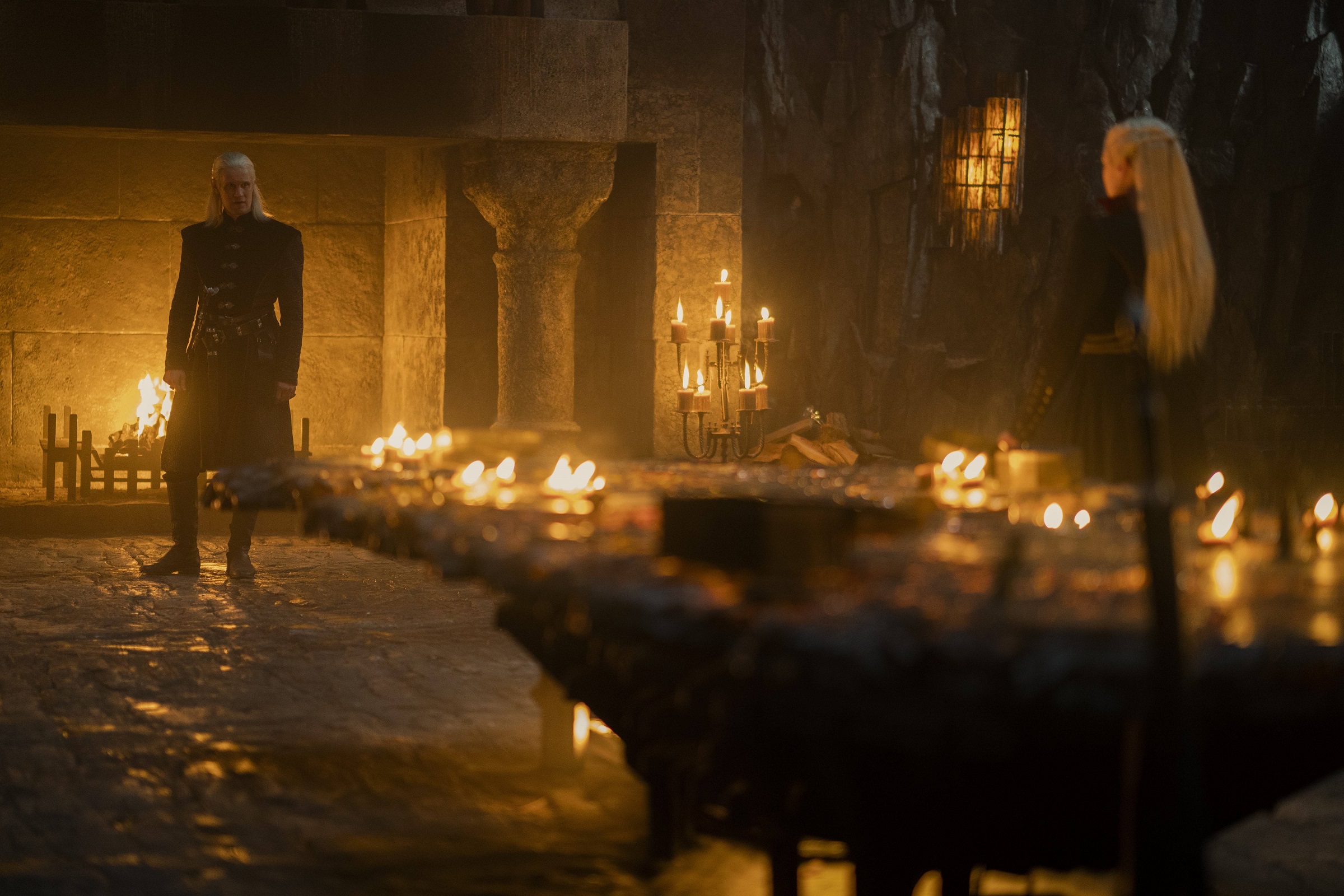
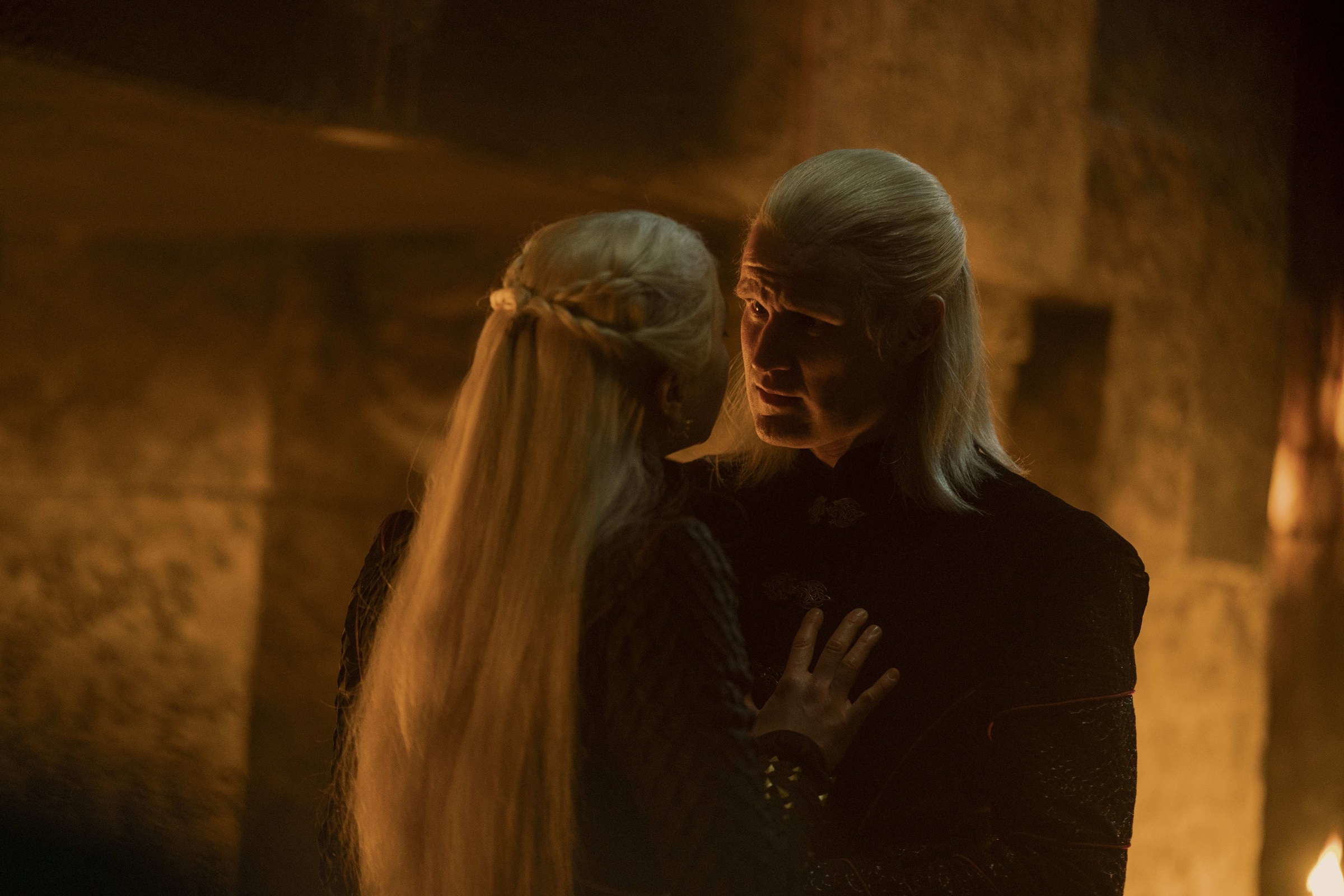
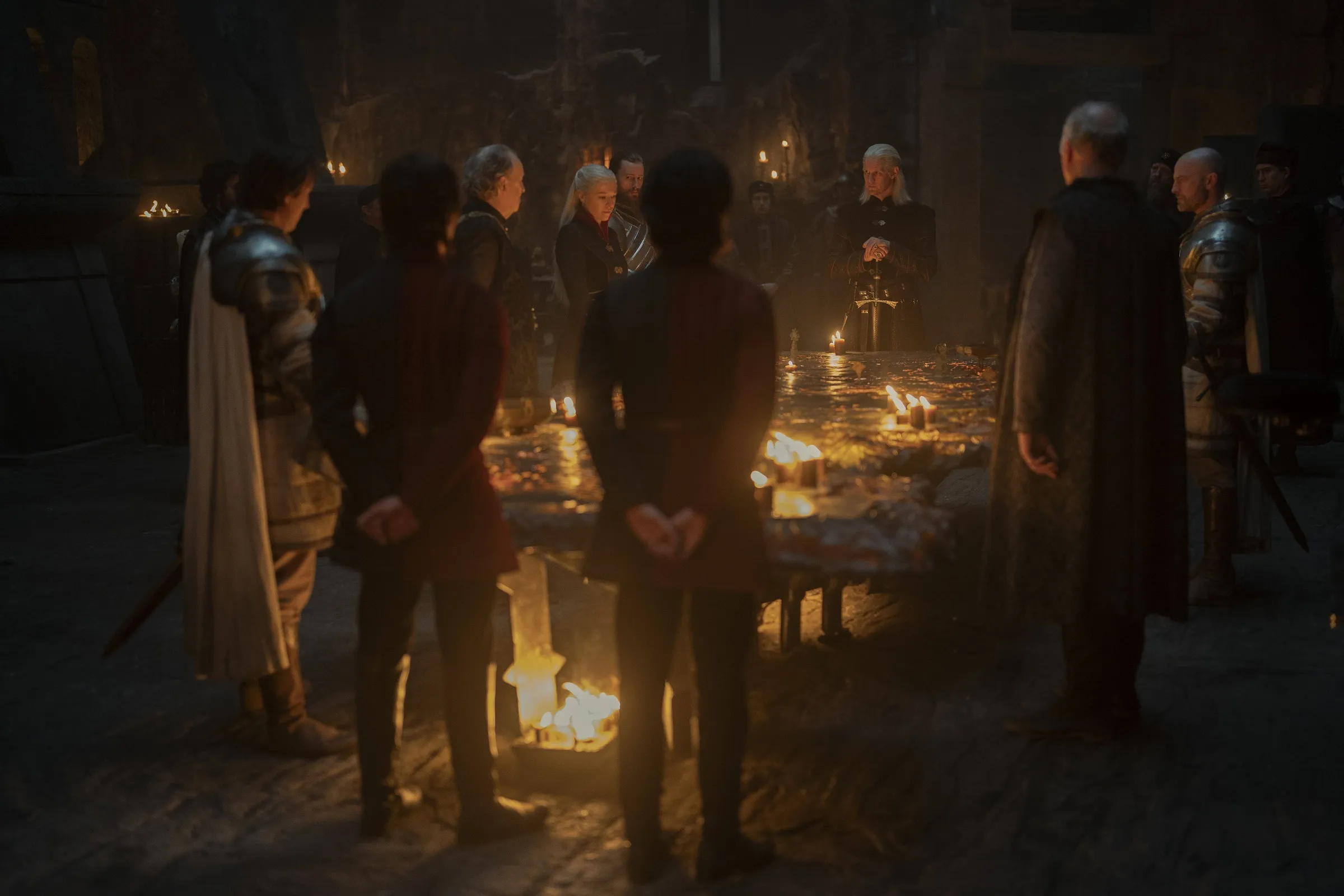


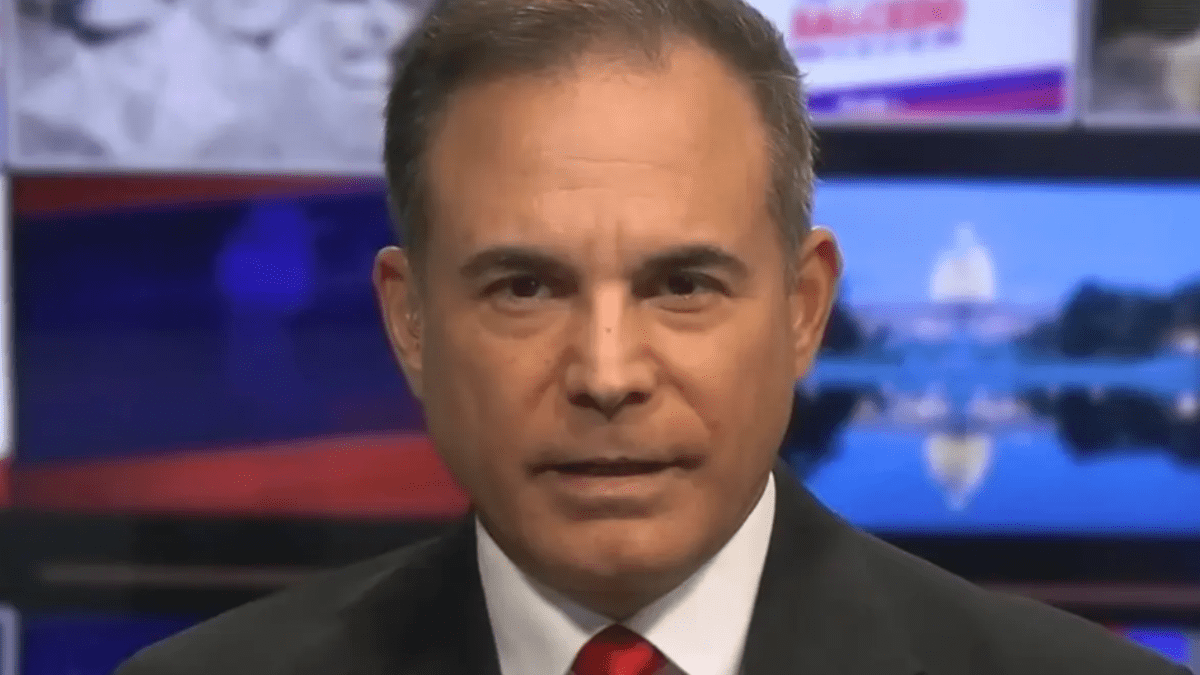





Published: Mar 18, 2023 02:31 am